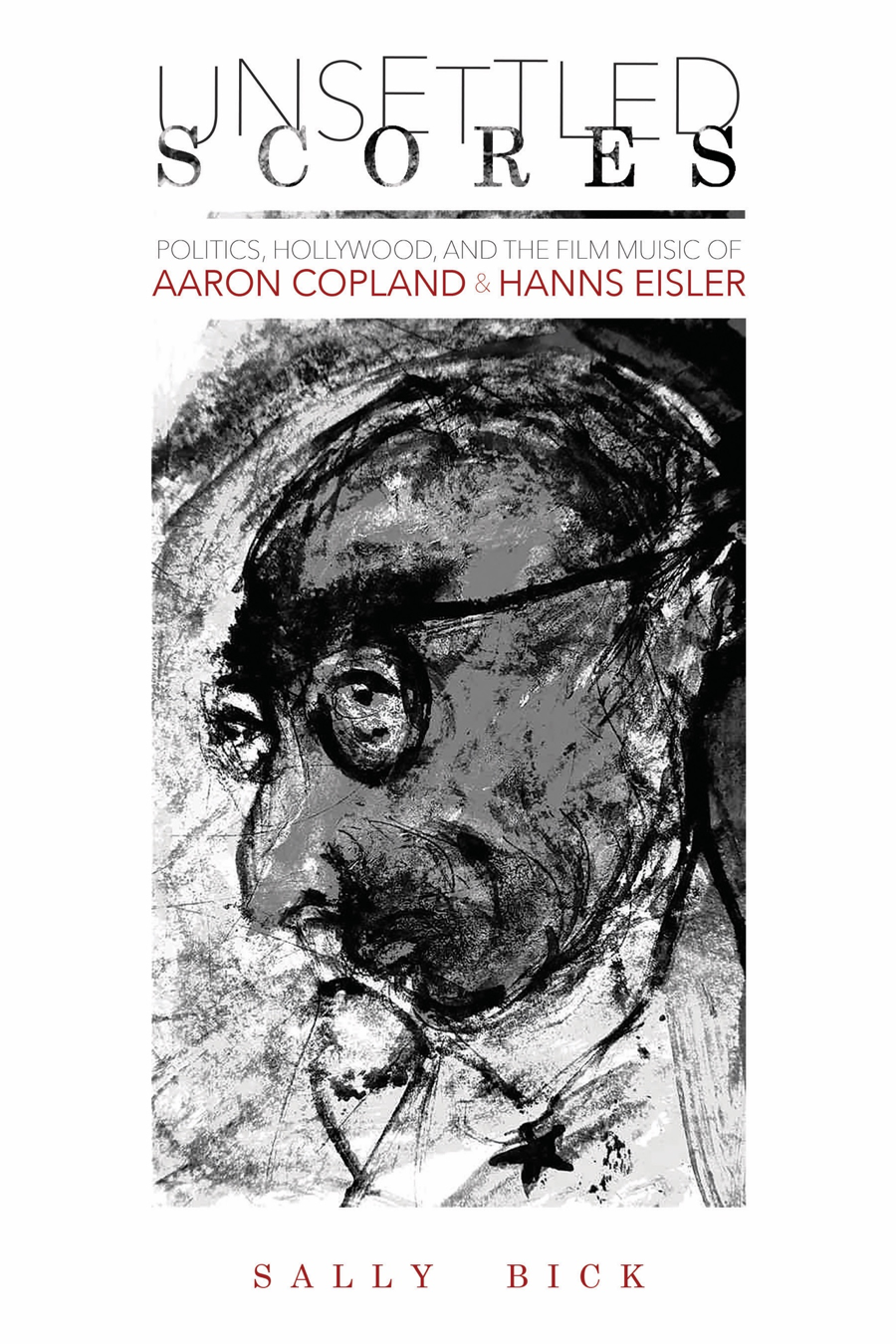Dr. Sally Bick
Professor of Musicology
Dr. Bick is an Academic Advisor for Music students.
Office: Armouries, AM 226
Phone: (519) 253-3000 ext. 2787
E-Mail: sbick@uwindsor.ca
Sally's interdisciplinary research focuses on American musical culture particularly through the lens of politics, challenging assumptions about music, musical meaning and the role and status of the American modernist art composer. Bick was an inaugural member of Royal Society’s New College of Scholars, Artists and Scientists in Canada in recognition of her academic work (2014). She also won The Dena Epstein award from the Music Library Association (1999), the ASCAP Deems Taylor Award (2006) for her article on Aaron Copland’s film score for Of Mice and Men, as well as The Virgil Thomson Award from the Society of American Music (2015). Her work has been supported by The National Endowment for the Humanities (2011-12) as well as the Social Science and Humanities Research Council of Canada (2004-8, 2011-14, 2020-25).
Bick has published in a variety of forums including Journal of the American Musicological Society, American Music, Musical Quarterly, German Studies Review as well as the New School for Social Research’s Public Seminar, and Trax on the Trail, a public forum that explores music in political campaigns. She is the author of the book Unsettled Scores, which focuses on the Hollywood careers of Aaron Copland and Hanns Eisler and shows how their high art sensibility and political conscience were brought into direct conflict with the premier producers of America’s potent mass culture.
Bick received her MM. and Ph.D from Yale in musicology as well as performing degrees from Indiana (MM.) and University of Toronto (MusBac). As a cellist, she performed with the Toronto Symphony Orchestra, the Calgary Philharmonic, the Canadian Opera Company, National Ballet of Canada, and participated in studio productions that included films and commercial work in Toronto. Bick is currently preparing an intellectual and cultural history on the musical legacy of the New School for Social Research and its contributions to New York’s musical modernist and political culture during the 1930s.

